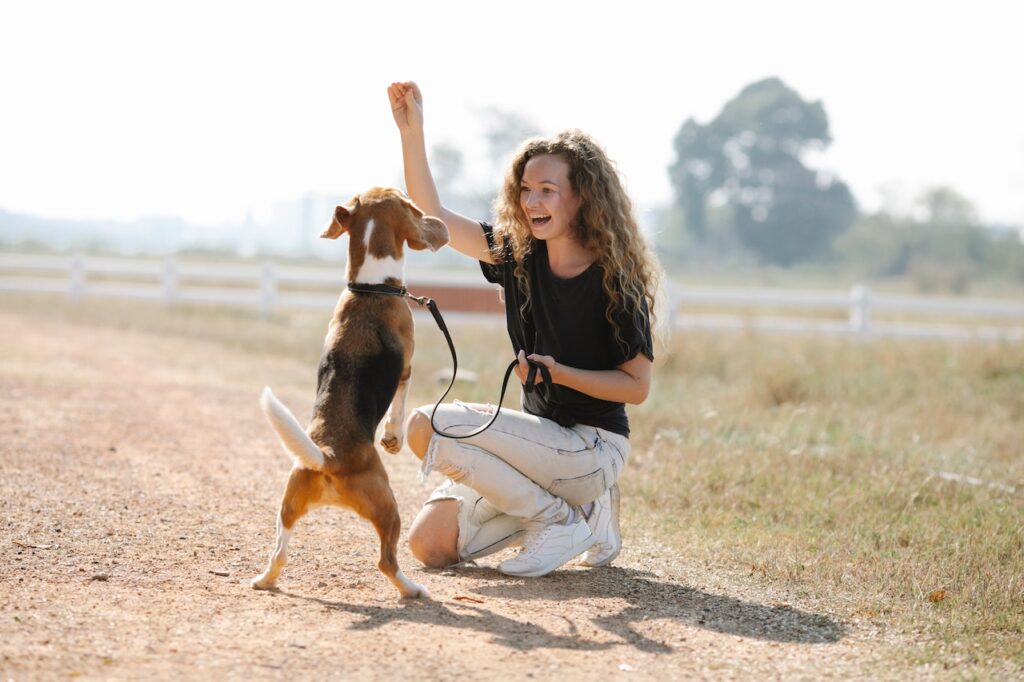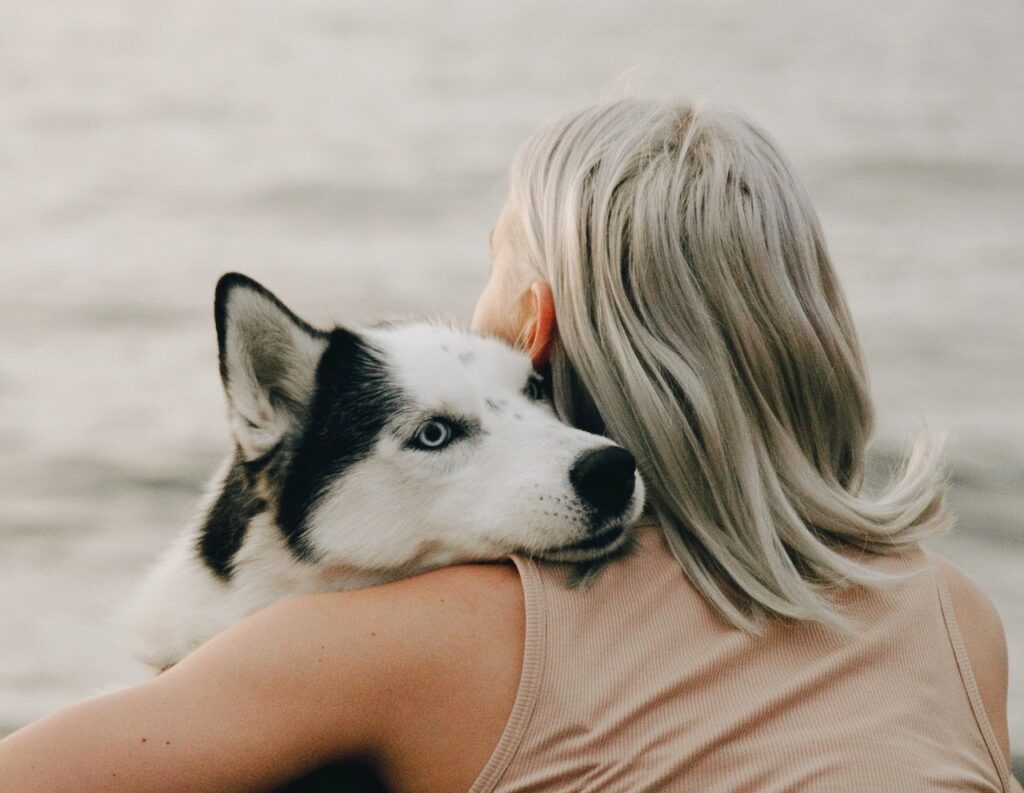Dog anxiety is a common issue that can cause distress for both pets and their owners. Many pet parents are now turning to natural remedies to alleviate their furry friends’ anxiety and promote a sense of calm. In this article, we will explore a range of effective and gentle natural remedies that can help ease dog anxiety and restore peace of mind.
Table of Contents
Understanding Dog Anxiety
Recognizing Dog Anxiety: Signs and Symptoms
Dog anxiety refers to the fear or apprehension experienced by dogs in certain situations or environments. It can manifest in various ways, including excessive barking, trembling, destructive behavior, or withdrawal. By understanding the signs, you can better identify if your dog is suffering from anxiety.
Common Causes and Triggers of Dog Anxiety
Dog anxiety can stem from various causes and triggers. Understanding these can help you address the underlying issues and develop a suitable treatment plan for your dog’s anxiety.
- Separation anxiety: Dogs may feel anxious when left alone for extended periods, leading to destructive behaviors or excessive vocalization.
- Noise phobia: Dogs can develop anxiety from loud noises, such as thunderstorms, fireworks, or construction sounds.
- Social anxiety: Some dogs may feel anxious in social situations or around unfamiliar people or animals, leading to fearful or aggressive behavior.

Natural Remedies for Dog Anxiety
Essential Oils: The Calming Power of Lavender and Chamomile Oils
Certain essential oils possess calming properties that can help ease dog anxiety. Lavender and chamomile oils are two popular options known for their soothing effects. Here’s how you can use them:
- Add a few drops of diluted lavender or chamomile oil to a diffuser or spray bottle and gently mist the area where your dog spends time.
- Rub a small amount of diluted oil on your hands and gently massage your dog’s neck and back.
Note: Always ensure proper dilution and quality of essential oils, and consult with your veterinarian before using them on your dog.

Herbal Supplements: Valerian Root and Passionflower – Natural Calming Herbs
Herbal supplements can provide natural relief for dog anxiety. Consider these options:
- Valerian root: Known for its calming properties, valerian root can be administered in supplement form or as part of herbal blends specifically formulated for anxiety.
- Passionflower: This herb has soothing effects and can help reduce anxiety symptoms in dogs.
Consult with your veterinarian to determine the appropriate dosage and ensure compatibility with your dog’s health and any existing medications.

Calming Music and Sound Therapy: The Soothing Effects of Sound
Music and sound therapy can help relax dogs and reduce anxiety. Consider the following approaches:
- Play calming music or classical melodies designed specifically for dogs. Online platforms offer various playlists and albums tailored to soothing anxious pets.
- Sound therapy: Use soundtracks with repetitive and rhythmic sounds, such as ocean waves or gentle rain, to create a soothing environment for your dog.
Gradually introduce these sounds to your dog, associating them with positive experiences such as relaxation or playtime.

Behavior Modification Techniques: Effective Techniques for Reducing Anxiety
Behavior modification techniques can be effective in managing and reducing dog anxiety. Consider the following approaches:
- Counterconditioning: Pair anxiety-inducing situations with positive experiences or rewards to change your dog’s response. For example, if your dog gets anxious during car rides, start with short, pleasant trips and gradually increase the duration.
- Desensitization: Gradually expose your dog to anxiety triggers in a controlled and positive manner. For instance, if your dog is afraid of loud noises, start by playing low-volume recordings and gradually increase the volume over time.
Consistency and patience are key when practicing behavior modification techniques.

Physical Exercise and Mental Stimulation: Reducing Anxiety through Activity
Regular exercise and mental stimulation play crucial roles in reducing anxiety in dogs. Consider these activities:
- Daily walks or jogs: Physical exercise helps release pent-up energy and promotes a balanced state of mind.
- Interactive toys: Use puzzle toys or treat-dispensing toys to engage your dog’s mind and provide mental stimulation.
- Training sessions: Engage your dog in training exercises that focus on positive reinforcement and obedience, which can help build confidence and reduce anxiety.
Additional Considerations
Seek Professional Guidance and Create a Comforting Environment
- Consultation with a Veterinarian or Professional Trainer: If your dog’s anxiety is severe or persistent, consult with a veterinarian or a professional dog trainer experienced in anxiety-related behaviors. They can provide tailored advice and develop a comprehensive treatment plan for your dog.
- Creating a Safe and Comfortable Environment: Ensure that your dog has a safe and peaceful space within your home where they can retreat when feeling anxious. Consider providing a cozy bed, calming scents, and minimizing exposure to loud noises or stressful stimuli.

Conclusion
Using natural remedies can be an effective and gentle approach to help alleviate dog anxiety. Remember, each dog is unique, and finding the right combination of remedies may require some trial and error. By incorporating natural remedies, providing a supportive environment, and seeking professional guidance when needed, you can help your furry friend find relief and live a happier, calmer life.


